
SCARS Institute’s Encyclopedia of Scams™ Published Continuously for 25 Years

FBI Warning About Scammers Recruiting Mules
The FBI Regularly Investigates Money Mules
Money Laundering Is Both A U.S. Federal Crime & A State Crime In Many States
Cybercriminals Use Online Dating Sites To Conduct Confidence/Romance Scams And Recruit Money Mules
Review: What Is Confidence/Romance Fraud? (Also Know As A Romance Scam)
Confidence/romance fraud (Romance Scams) occurs when a scammer deceives a victim into believing they have a trust relationship—whether family, friendly, or romantic—and leverages the relationship to persuade the victim to send money, provide personal and financial information, or purchase items of value for the scammer. In some cases, the victim is persuaded to launder money on behalf of the scammer.
Scammers often use online dating sites to pose as U.S. citizens located in a foreign country, U.S. military members deployed overseas, or U.S. business owners seeking assistance with lucrative investments.
The Scam Threat
In 2017, more than 15,000 people filed complaints with the FBI’s Internet Crime Complaint Center (IC3) alleging they were victims of confidence/romance fraud and reporting losses of more than $211 million. In 2018, the number of victims filing these complaints increased to more than 18,000, with more than $362 million in losses—an increase of more than 70 percent over the previous year. Of course, these reports are a small fraction of the real numbers, since more than 90% of victims never report the crime out of shame.
In 2018, confidence/romance fraud was the seventh most commonly reported scam to the IC3 based on the number of complaints received, and the second-costliest scam in terms of victim loss. Again the FBI’s can only report what is reported to them.
IC3 receives victim reports from all ages, education, and income brackets. However, the elderly, women, and those who have lost a spouse are often the most targeted and are easily found on social media.
The Scammer’s Methods
After establishing their victims’ trust, scammers try to convince them to send money for airfare to visit, or claim they are in trouble and need money. Victims often send money because they believe they are in a romantic relationship.
For example, a scammer claims to be a U.S. citizen living abroad. After a few months of building a relationship with the victim, the scammer asks the victim to send gifts or electronics to a foreign address. After a few more months, the scammer expresses a desire to return to the U.S. to meet the victim. The scammer claims not to have the money to pay for travel and asks the victim to wire funds. In some cases, the scammer claims the wired funds did not arrive and asks the victim to resend the money.
Some fraudsters provide a fake travel itinerary. When they don’t arrive as scheduled, they claim they were arrested, and ask for more money to post bail. They may also request more money for travel or to recover assets seized during their “arrest.”
Requests for money may continue until the victim is unable—or unwilling—to provide more.
Send In The Mules
In some situations the victim may be unknowingly recruited as a “money mule;” someone who transfers money illegally on behalf of others.
Scammers groom their victims (massively manipulates them) over time and convince them to open bank accounts under the guise of sending or receiving funds.
Grooming is defined as preparing a victim to conduct fraudulent activity on their behalf through communications intended to develop a trust relationship (manipulation).
These accounts are used to facilitate criminal activities for a short period of time. If the account is flagged by the financial institution, it may be closed and the scammer will either direct the victim to open a new account or begin grooming a new victim.
Romance Scamming Trends
In other situations, the scammer claims to be a European citizen or an American living abroad. After a few months of developing trust, the scammer will tell the victim about a lucrative business opportunity. The scammer will inform the victim there are investors willing to fund the project, but they need a U.S. bank account to receive funds. The victim is asked to open a bank account or register a limited liability company in the victim’s name and then to receive and send money from that account to other accounts controlled by the scammer.
The downside of this is that it is a crime, plus the “mule” may also have to pay taxes on every dollar received and passed through.
Tips To Protect Yourself
Most cybercriminals do not use their own photographs; they use an image stolen from another social media account as their own.
A reverse image search (images.googe.com or http://www.tineye.com) can determine if a stolen profile picture is being used elsewhere on the internet, and on which websites or social media platforms it was used. A search sometimes provides information that links the image with other scams or victims.
To Perform A Reverse Image Search On Profile Photos:
- Right-click on the image and select “Search for an image.” (if available, if not, save the photo then go to the Google or Tineye website and upload it to search)
- Or Right-click again and select “Save image as” to save the photo to your device.
- Using a search engine, choose the small camera icon to upload the saved image into the search engine.
Always Use Your Best Judgment.
While most dating sites routinely monitor account activity and investigate all complaints of falsified accounts, most dating site administrators do not conduct criminal background checks when an account is registered.
Social Media is much worse. Even when reported their moderators frequently do not remove a fake profile.
Keep in mind it is always possible for people to misrepresent themselves. Do not ignore any facts which seem inconsistent.
Common Scammer Techniques
Be aware of the following common techniques used by romance scammers:
- Immediate requests to talk or chat on an email or messaging service outside of the dating site.
- Claims that your introduction was “destiny” or “fate,” especially early in communication.
- Claims to be from the U.S. but is currently living, working, or traveling abroad.
- Asks for money, goods, or any similar type of financial assistance, especially if you have never met in person.
- Asks for assistance with personal transactions (opening new bank accounts, depositing or transferring funds, shipping merchandise, etc.).
- Reports a sudden personal crisis and pressures you to provide financial assistance. Be especially wary if the demands become increasingly aggressive.
- Tells inconsistent or grandiose stories.
- Gives vague answers to specific questions.
- Claims to be recently widowed or claim to be a U.S. service member serving overseas.
- Disappears suddenly from the site then reappears under a different name using the same profile information.
The FBI & SCARS Advises:
- Never send money to someone you meet online, especially by wire transfer.
- Never provide credit card numbers or bank account information without verifying the recipient’s identity.
- Never share your Social Security number or other personally identifiable information that can be used to access your accounts with someone who does not need to know this information.
What To Do If You Are A Victim
If you are a victim of a confidence/romance scam, it is recommended that you take the following actions:
- If you lost money, report the crime to your local police and obtain a police report number
- Report the scam to the Money Transfer Agency or your Bank – contact your financial institution immediately upon discovering any fraudulent or suspicious activity and direct them to stop or reverse the transactions. You may also need to change your account information. Ask your financial institution to contact the corresponding financial institution where the fraudulent or suspicious transfer was sent.
- Report the activity to the Internet Crime Complaint Center www.IC3.gov
- If a sizeable amount of money or if money was sent inside the U.S. we suggest also visiting your local FBI field office. Local FBI field offices can be found online at www.fbi.gov/contact-us/field. There are also FBI offices in most foreign U.S. Embassies.
- Report the activity to the website where the contact was first initiated.
- Also, report it on www.Anyscam.com for distribution worldwide to the SCARS Network of agencies and entities.
PLEASE SHARE OUR ARTICLES WITH YOUR FRIENDS & FAMILY
HELP OTHERS STAY SAFE ONLINE – YOUR KNOWLEDGE CAN MAKE THE DIFFERENCE!
THE NEXT VICTIM MIGHT BE YOUR OWN FAMILY MEMBER OR BEST FRIEND!
By the SCARS™ Editorial Team
Society of Citizens Against Relationship Scams Inc.
A Worldwide Crime Victims Assistance & Crime Prevention Nonprofit Organization Headquartered In Miami Florida USA & Monterrey NL Mexico, with Partners In More Than 60 Countries
To Learn More, Volunteer, or Donate Visit: www.AgainstScams.org
Contact Us: Contact@AgainstScams.org
-/ 30 /-
What do you think about this?
Please share your thoughts in a comment below!
Table of Contents
- The FBI Regularly Investigates Money Mules
- Review: What Is Confidence/Romance Fraud? (Also Know As A Romance Scam)
- The Scam Threat
- The Scammer’s Methods
- Send In The Mules
- Romance Scamming Trends
- Tips To Protect Yourself
- To Perform A Reverse Image Search On Profile Photos:
- Always Use Your Best Judgment.
- Common Scammer Techniques
- The FBI & SCARS Advises:
- What To Do If You Are A Victim
- Did You Receive Money From A Scammer, Or Give A Scammer Access To Your Accounts?
- PLEASE SHARE OUR ARTICLES WITH YOUR FRIENDS & FAMILY
- By the SCARS™ Editorial Team
Society of Citizens Against Relationship Scams Inc. - The Issue Of Race In Scam Reporting
Click Here To Learn More!
LEAVE A COMMENT?
Recent Comments
On Other Articles
- Arwyn Lautenschlager on Love Bombing And How Romance Scam Victims Are Forced To Feel: “I was love bombed to the point that I would do just about anything for the scammer(s). I was told…” Feb 11, 14:24
- on Dani Daniels (Kira Lee Orsag): Another Scammer’s Favorite: “You provide a valuable service! I wish more people knew about it!” Feb 10, 15:05
- on Danielle Delaunay/Danielle Genevieve – Stolen Identity/Stolen Photos – Impersonation Victim UPDATED 2024: “We highly recommend that you simply turn away form the scam and scammers, and focus on the development of a…” Feb 4, 19:47
- on The Art Of Deception: The Fundamental Principals Of Successful Deceptions – 2024: “I experienced many of the deceptive tactics that romance scammers use. I was told various stories of hardship and why…” Feb 4, 15:27
- on Danielle Delaunay/Danielle Genevieve – Stolen Identity/Stolen Photos – Impersonation Victim UPDATED 2024: “Yes, I’m in that exact situation also. “Danielle” has seriously scammed me for 3 years now. “She” (he) doesn’t know…” Feb 4, 14:58
- on An Essay on Justice and Money Recovery – 2026: “you are so right I accidentally clicked on online justice I signed an agreement for 12k upfront but cd only…” Feb 3, 08:16
- on The SCARS Institute Top 50 Celebrity Impersonation Scams – 2025: “Quora has had visits from scammers pretending to be Keanu Reeves and Paul McCartney in 2025 and 2026.” Jan 27, 17:45
- on Scam Victims Should Limit Their Exposure To Scam News & Scammer Photos: “I used to look at scammers photos all the time; however, I don’t feel the need to do it anymore.…” Jan 26, 23:19
- on After A Scam, No One Can Tell You How You Will React: “This article was very informative, my scams happened 5 years ago; however, l do remember several of those emotions and/or…” Jan 23, 17:17
- on Situational Awareness and How Trauma Makes Scam Victims Less Safe – 2024: “I need to be more observant and I am practicing situational awareness. I’m saving this article to remind me of…” Jan 21, 22:55
ARTICLE META
Important Information for New Scam Victims
- Please visit www.ScamVictimsSupport.org – a SCARS Website for New Scam Victims & Sextortion Victims
- Enroll in FREE SCARS Scam Survivor’s School now at www.SCARSeducation.org
- Please visit www.ScamPsychology.org – to more fully understand the psychological concepts involved in scams and scam victim recovery
If you are looking for local trauma counselors please visit counseling.AgainstScams.org or join SCARS for our counseling/therapy benefit: membership.AgainstScams.org
If you need to speak with someone now, you can dial 988 or find phone numbers for crisis hotlines all around the world here: www.opencounseling.com/suicide-hotlines
A Note About Labeling!
We often use the term ‘scam victim’ in our articles, but this is a convenience to help those searching for information in search engines like Google. It is just a convenience and has no deeper meaning. If you have come through such an experience, YOU are a Survivor! It was not your fault. You are not alone! Axios!
A Question of Trust
At the SCARS Institute, we invite you to do your own research on the topics we speak about and publish, Our team investigates the subject being discussed, especially when it comes to understanding the scam victims-survivors experience. You can do Google searches but in many cases, you will have to wade through scientific papers and studies. However, remember that biases and perspectives matter and influence the outcome. Regardless, we encourage you to explore these topics as thoroughly as you can for your own awareness.
Statement About Victim Blaming
SCARS Institute articles examine different aspects of the scam victim experience, as well as those who may have been secondary victims. This work focuses on understanding victimization through the science of victimology, including common psychological and behavioral responses. The purpose is to help victims and survivors understand why these crimes occurred, reduce shame and self-blame, strengthen recovery programs and victim opportunities, and lower the risk of future victimization.
At times, these discussions may sound uncomfortable, overwhelming, or may be mistaken for blame. They are not. Scam victims are never blamed. Our goal is to explain the mechanisms of deception and the human responses that scammers exploit, and the processes that occur after the scam ends, so victims can better understand what happened to them and why it felt convincing at the time, and what the path looks like going forward.
Articles that address the psychology, neurology, physiology, and other characteristics of scams and the victim experience recognize that all people share cognitive and emotional traits that can be manipulated under the right conditions. These characteristics are not flaws. They are normal human functions that criminals deliberately exploit. Victims typically have little awareness of these mechanisms while a scam is unfolding and a very limited ability to control them. Awareness often comes only after the harm has occurred.
By explaining these processes, these articles help victims make sense of their experiences, understand common post-scam reactions, and identify ways to protect themselves moving forward. This knowledge supports recovery by replacing confusion and self-blame with clarity, context, and self-compassion.
Additional educational material on these topics is available at ScamPsychology.org – ScamsNOW.com and other SCARS Institute websites.
Psychology Disclaimer:
All articles about psychology and the human brain on this website are for information & education only
The information provided in this article is intended for educational and self-help purposes only and should not be construed as a substitute for professional therapy or counseling.
While any self-help techniques outlined herein may be beneficial for scam victims seeking to recover from their experience and move towards recovery, it is important to consult with a qualified mental health professional before initiating any course of action. Each individual’s experience and needs are unique, and what works for one person may not be suitable for another.
Additionally, any approach may not be appropriate for individuals with certain pre-existing mental health conditions or trauma histories. It is advisable to seek guidance from a licensed therapist or counselor who can provide personalized support, guidance, and treatment tailored to your specific needs.
If you are experiencing significant distress or emotional difficulties related to a scam or other traumatic event, please consult your doctor or mental health provider for appropriate care and support.
Also read our SCARS Institute Statement about Professional Care for Scam Victims – click here to go to our ScamsNOW.com website.







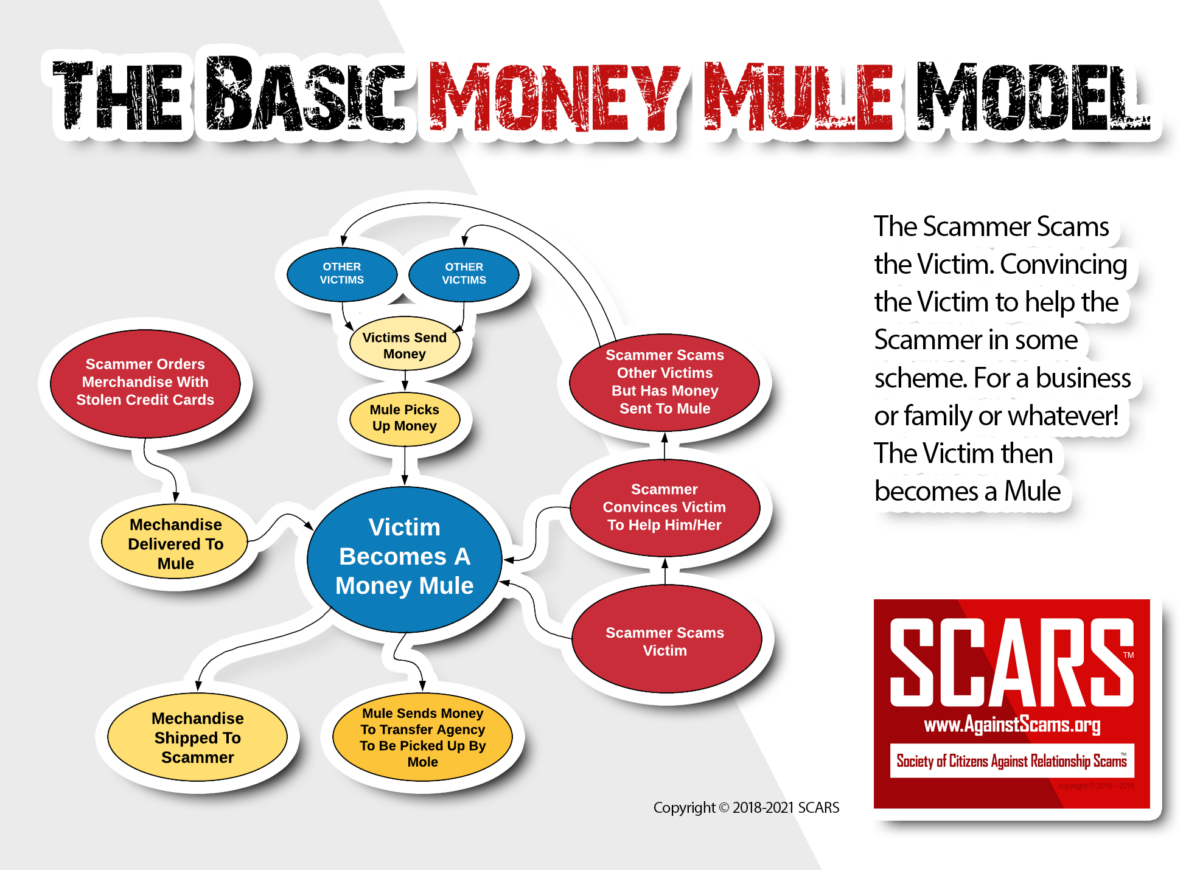
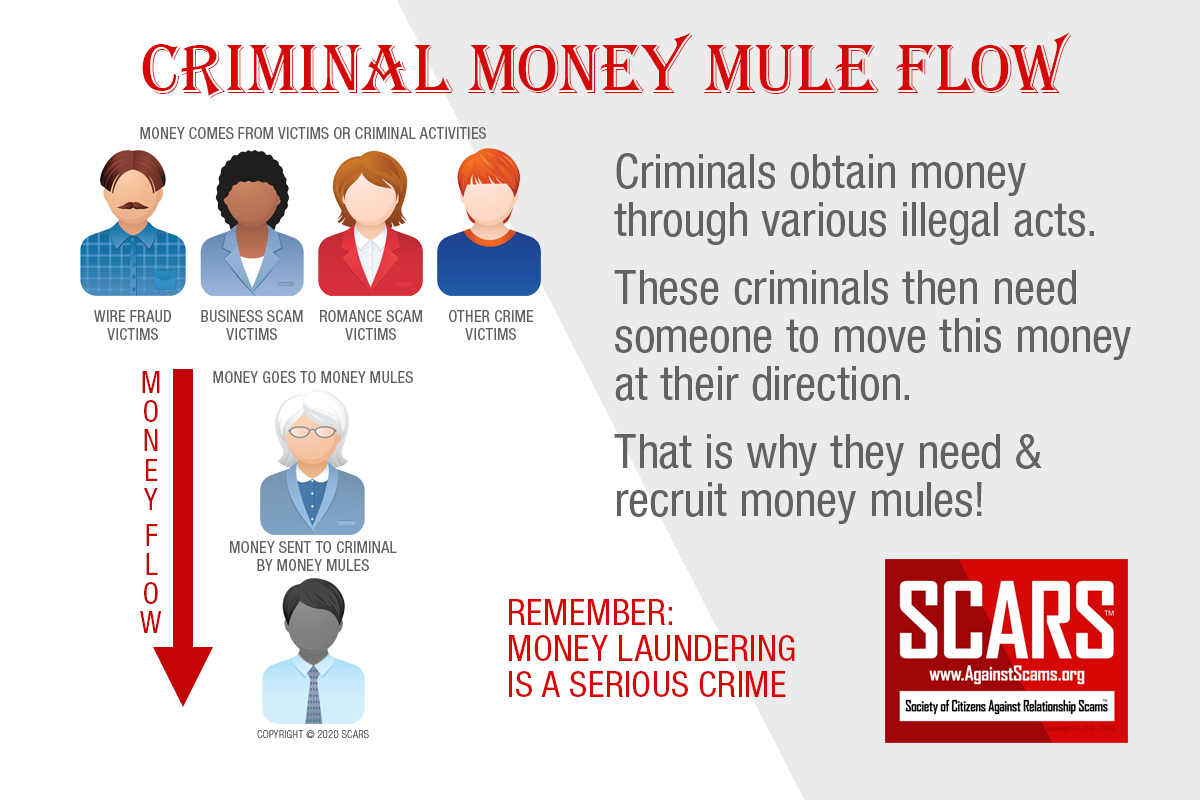
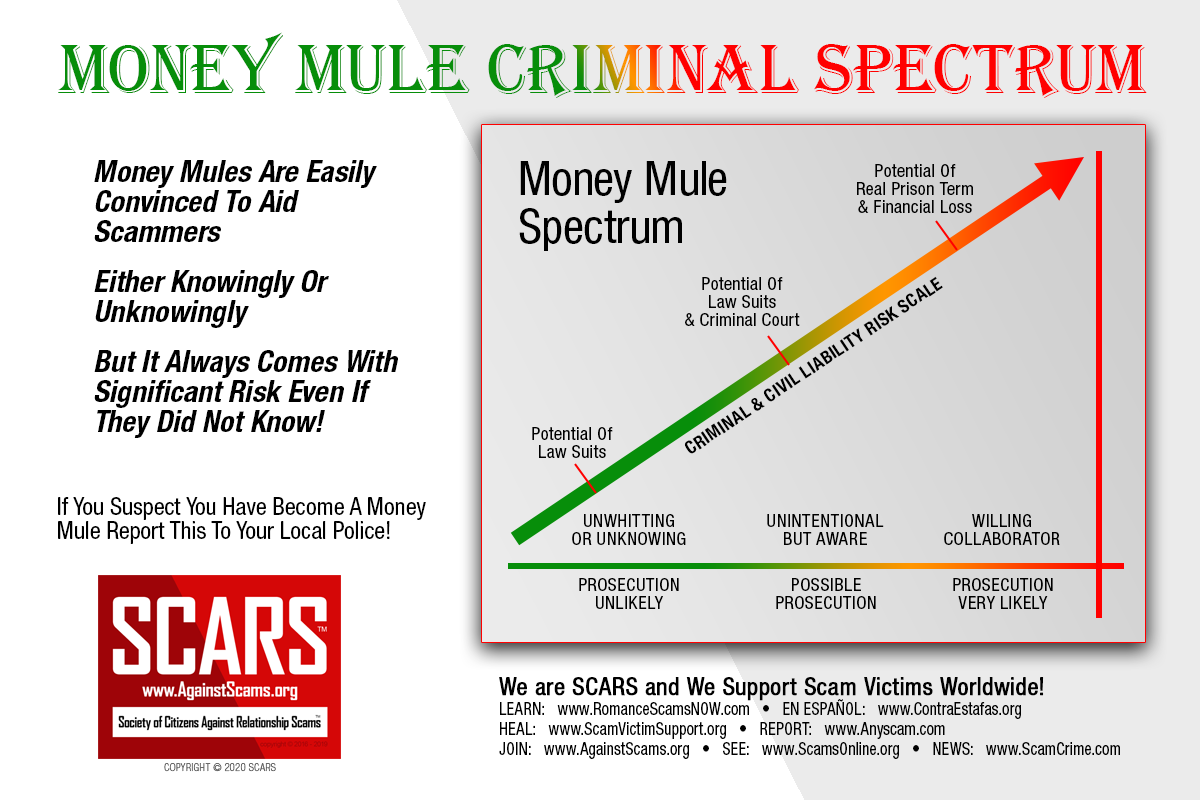




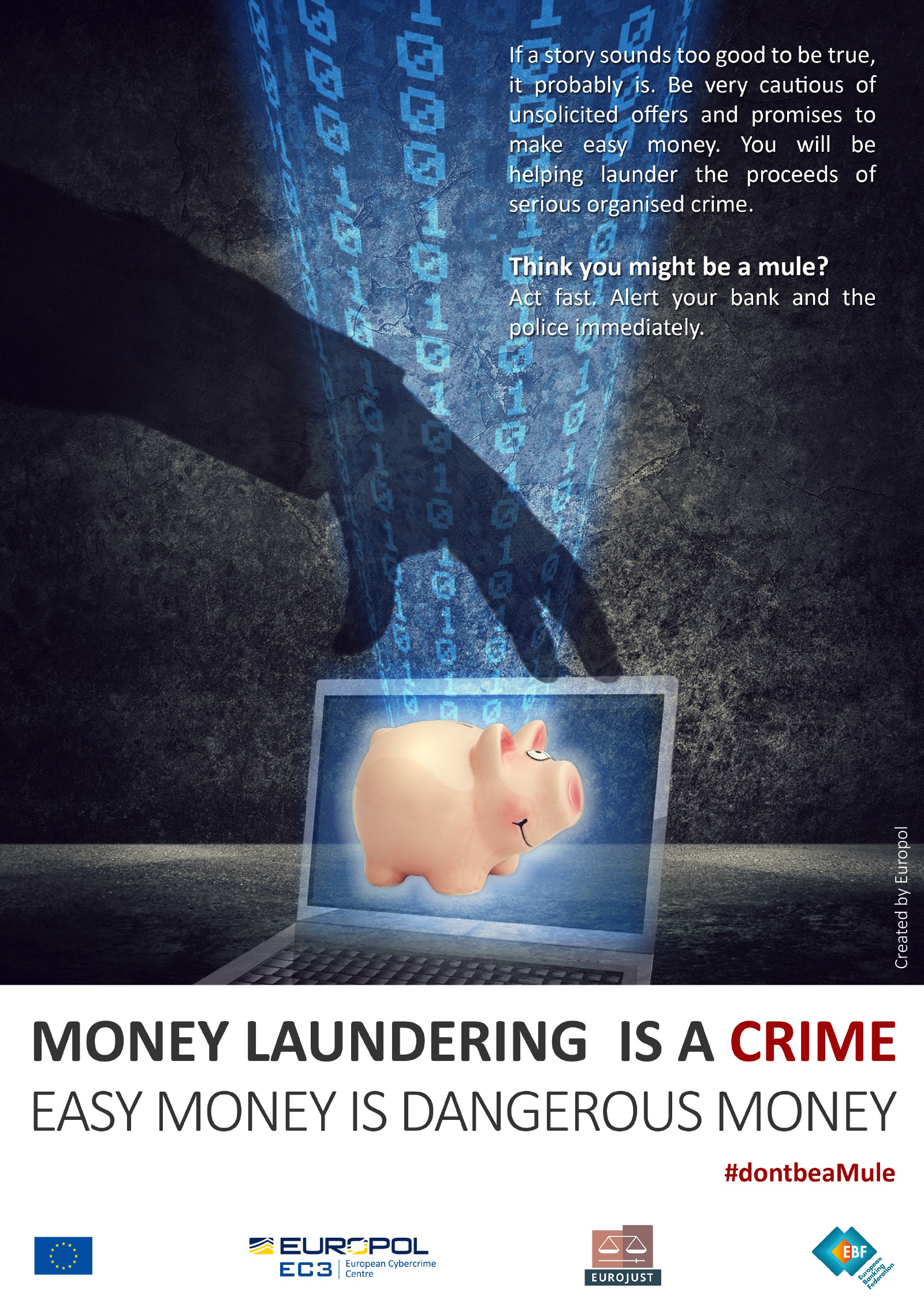
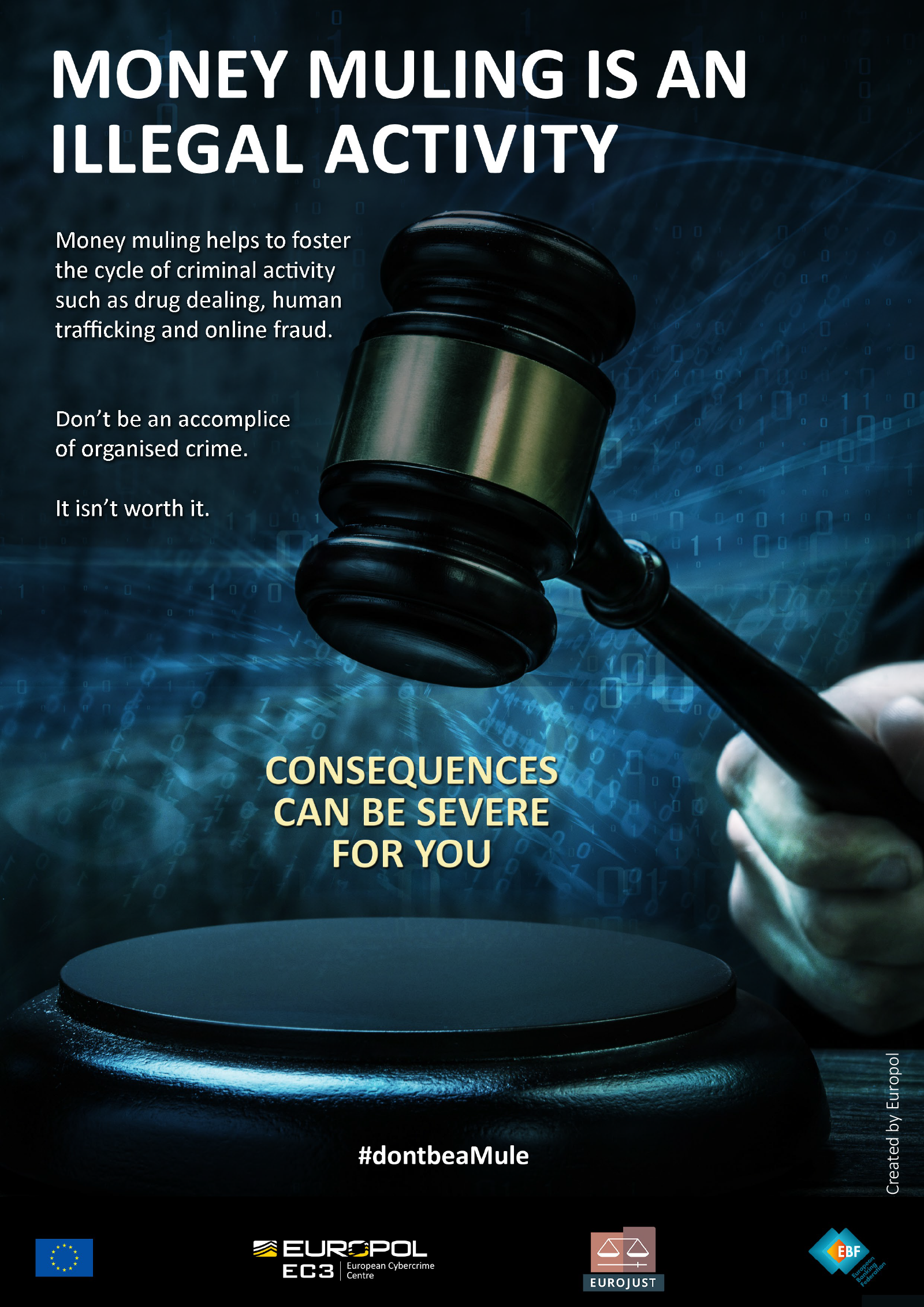


![To Be A Scammer? An Overview Of Scammers Fraudsters & Online Con Artists - 2024 [UPDATED] what is a scammer what-is-a-scammer](https://romancescamsnow.com/wp-content/uploads/2021/10/what-is-a-scammer.png)
![New Research Study on Stolen Valor - Military Scams - STUDY NOW COMPLETED [UPDATED] Military Impersonation Research Study New Research Study on Stolen Valor - Military Scams](https://romancescamsnow.com/wp-content/uploads/2022/03/Military-Impersonation-Research-Study.png)







Thank you for your comment. You may receive an email to follow up. We never share your data with marketers.